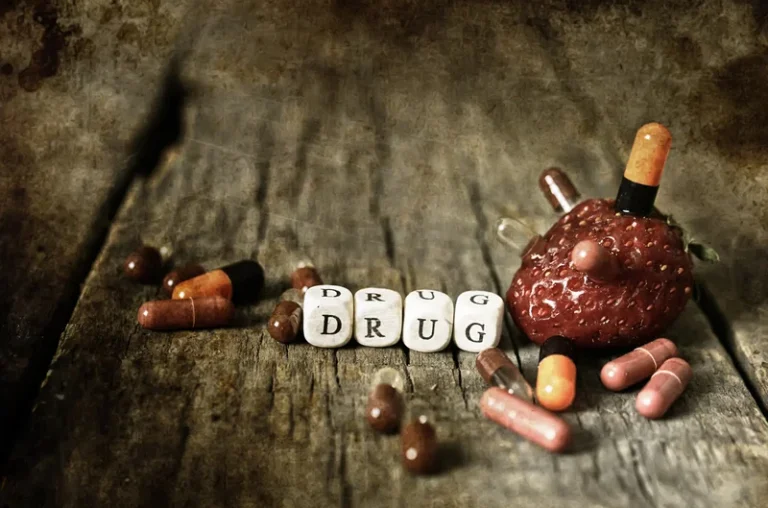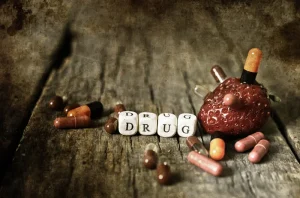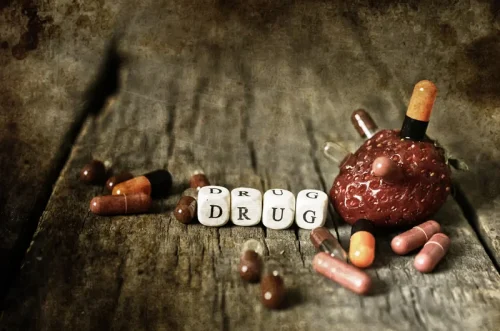
Researchers have studied the experiences of many people who have recovered from substance use and identified key features of the recovery process. One widely used model can be summed up in the acronym CHIME, identifying the key ingredients of recovery. Just as no two people are alike no two recovery journeyswill follow the same path. Purpose may come from career, volunteering, family caretaking,creative pursuits or from many other things. You must also have the income andability to participate in a normal way in the activities of your community. The maintenance stage is where individuals focus on sustaining their recovery and preventing relapse.

Key points
- Access State-Specific Provider Directories for detailed information on locating licensed service providers and recovery residences in your area.
- Drugs change the brain in ways that make quitting hard, even for those who want to.
- If you’re wondering how to move forward and create a life that feels balanced and meaningful, you’re in the right place.
- And in all cases, long-term follow-up care is crucial to recovery.
- Engaging with these resources and communities reinforces the notion that you’re not alone.
Recovery drug addiction is a deeply personal journey that varies from one individual to another. It’s essential to recognize that there’s no one-size-fits-all approach. Navigating the road to sobriety requires patience, resilience, and a willingness to explore various strategies and support systems. Whether it’s through therapy, medication-assisted treatment, or building a robust support network, finding what works best for you is key. With the right tools and a supportive community, you can overcome the challenges of recovery and move towards a healthier, sober life. Keep an open mind, stay committed to your recovery goals, and don’t hesitate to seek help when you need it.
Alcohol rehab

• If relapse occurs, therapy helps people recovering from addiction assess what caused them to stumble and to move forward again without getting mired in negative feelings like self-recrimination that too often lead back to substance use. Learning how to manage stress and emotions in healthy ways is essential for maintaining recovery. Unhealthy coping mechanisms can lead to setbacks, but replacing them with positive habits can strengthen your resilience. Remember, every small step toward healthier habits makes a big difference over time.
Personal Development
Some people go through the steps in addiction recovery more than once in their life. It’s also important to remember that, as with a chronic physical condition, relapse can occur. That means maintaining sobriety by following up with your plans, attending AA or NA meetings, seeing a counselor and working with a sponsor. It may also mean working with loved ones who can provide ongoing support for you as you seek to live a sober lifestyle. Many people don’t understand why or how other people become addicted to drugs.
- Alcohol rehab provides a safe and nurturing environment where the client can address their issues with the help of the experts.
- Another is to carefully plan days so that they are filled with healthy, absorbing activities that give little time for rumination to run wild.
- Have you ever wondered why someone can’t “just stop” using drugs or alcohol?

Your counselor, therapist, or recovery coach can provide guidance in creating goals that will genuinely move your recovery forward. Be patient with yourself as you develop this powerful recovery tool – the benefits build over time, creating a foundation for lasting sobriety. When cravings hit, they can feel like tidal waves threatening to sweep away your recovery.
